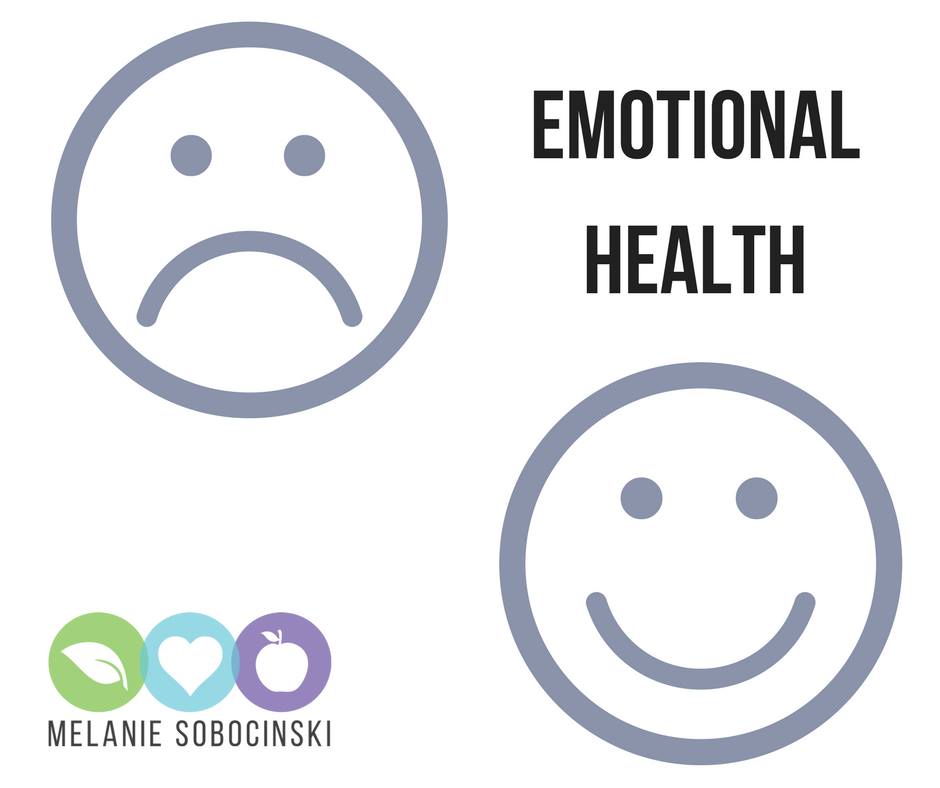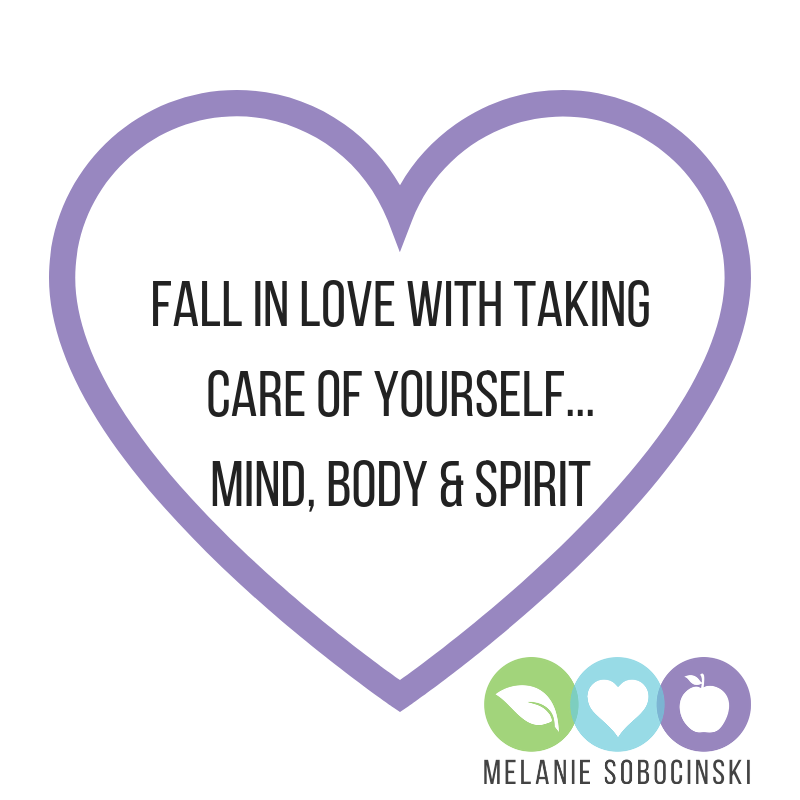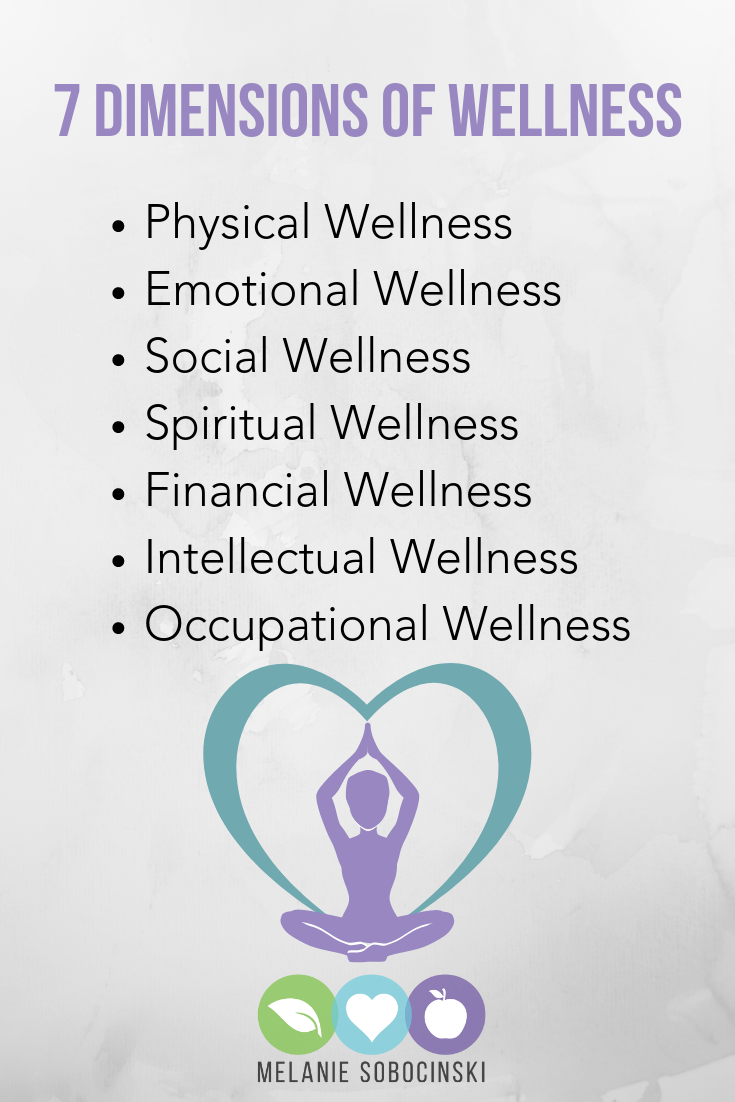How to find Balance with the 7 Dimensions of Wellness

We may earn money or products from the companies mentioned in this post.
When it comes to our overall health and wellness it can be quite a balancing act. So how do you balance it all? There are actually 7 different dimensions in this area.
What is wellness?
So what does wellness really mean? By definition, it is the state of being in good health, especially as an actively pursued goal. One of the leading resources on global health, the World Health Organization, defines wellness as a state of complete physical, mental and social wellbeing and not merely the absence of disease and infirmity.
This state of wellbeing comes from a few different dimensions. It’s almost like if one is out of balance, the rest may start to suffer. Wellness should include a balance among multiple life dimensions: emotional, physical, social, spiritual, financial, intellectual and occupational.
Each dimension forms a piece of a lifestyle pie; without one piece, there is a void, a missing link that imbalances the remainder of the dimensions.
7 Dimensions of Wellness
Physical Wellness:
This one seems to be where people turn to with their thoughts on wellness. If I physically look good, I’m all good. Not so true. You can look good on the outside and be a bit “ugly” on the inside with health issues.
Maintaining a sound substantial body through regular exercise, proper nutrition, sleeping well and avoiding harmful habits. Physical wellness is not just a killer workout program that makes us look good in the mirror. It’s more about what your body does for you as you take care of it.
Overall physical health and wellness encourage the balance of physical activity, nutrition, and mental well-being to keep your body in top condition. Obtaining an optimal level of physical wellness allows you to nurture personal responsibility for your own health.
While physical health consists of many components, here are a few areas that I feel are on the top of the list:
- Physical activity – includes strength, flexibility, and endurance
- Nutrition and diet – includes nutrient intake, fluid intake, and healthy digestion
- Rest and sleep – includes periodic rest and relaxation, along with high-quality sleep
Emotional Wellness:

This is the ability to understand ourselves and cope with the challenges life can bring. The ability to acknowledge and share feelings of anger, fear, sadness or stress; hope, love, joy, and happiness in a productive manner contribute to our Emotional Wellness. It’s a state of actually allowing yourself to have feelings.
Emotional wellness is being aware of and comfortable with your own thoughts and feelings. Emotional wellness relies on being able to express one’s thoughts and sensations and to be able to absorb those of others.
It also involves being attentive to your thoughts, feelings, and behaviors, whether positive or negative. Emotional Wellness implies the ability to be aware of and accept our feelings, rather than deny them, have an optimistic approach to life, and enjoy life despite its occasional disappointments and frustrations.
Here are a few tips on living an Emotionally Healthy life:
- Express your feelings in appropriate ways
- Live a well-balanced life ( its ok to be sad, mad, angry, upset, just don’t live there)
- Calm your mind and your body ( meditation and yoga are great)
- Take/Make time to take care of YOU!!
Social Wellness:

I know, there are days where I just don’t want to PEOPLE. In today’s world, there is really just too much negativity out there and it honestly can make me want to crawl into a shell.
Social health involves your ability to form satisfying healthy relationships with others. It also relates to your ability to adapt comfortably to different social situations and act appropriately in a variety of settings.
It’s always good to have a few relationships out there that are healthy for you. You’d be surprised how much misery loves company and you can sit in a group and complain for hours. Is that healthy? Nope!
Be sure to have healthy relationships. Relationships where people lift you up and support you not tear you down and insult you. When you hang out with negative Nellys, you’ll become one and you’ll also be less likely to form any new healthy relationships with others.
Spiritual Wellness:
Spiritual wellness is about embracing the metaphysical and reaching beyond the physical realm of existence and experiences. I know, it may sound crazy…SPIRITUAL? It doesn’t necessarily even mean Religion. There’s more to it than that.
Spiritual health is your religious faith, values, beliefs, principles, and morals. An individual with high levels of spiritual wellness will experience increased physical, social, and emotional health.

Some ways to practice your spiritual health are
- Daily rituals (yoga or meditation)
- Getting out in nature (weeding the garden watching the sunset, taking a walk)
- Community service
- Art, music, dance or by simply being more mindful.
Financial Wellness:
I know this one may sound like it is far from anything that may have to do with our health but hear me out. Have you ever stressed about money or had an argument over it with your spouse? It can get to a very unhealthy place when our financial situations take control of our lives.
Financial Wellness involves the process of learning how to successfully manage financial expenses. Money plays a critical role in our lives and not having enough of it impacts health. Financial stress is repeatedly found to be a common source of stress, anxiety, and fear for many people.
Financial Wellness Tips:
- Don’t put it off (identify and address any financial problems before they start)
- Create a Budget (Keep organized records of your finances)
- Plan ahead and set budget goals
Intellectual Wellness:
What are you feeding your brain? Are you expanding knowledge and skills in order to live a stimulating, successful life? Sound crazy? When was the last time you fed your brain something positive?
In order to improve intellectual wellness, it is important to value creativity, curiosity, and lifelong learning. Intellectual health may not seem like a huge deal but it is. It’s being able to engage in lively interaction with the world around you. The intellect is about flexing the mind’s muscle and opening the mind. One’s intellectual being is about continuous learning, problem solving, processing, and creativity.
Here are some simple steps to improve your intellectual health:
- Read a book…FOR FUN!!!
- Improve your skills for learning and studying ( this shouldn’t end when we are done with school)
- Play games
- Journal your thoughts
Occupational Wellness:
Do you like your job? This answer could actually make or break your wellness. Occupational wellness is the ability to get personal fulfillment from our jobs or our chosen career fields while still maintaining balance in our lives. It is also the ability to achieve a balance between work and leisure time, addressing workplace stress and building relationships with co-workers.
What we do for a living really takes up a lot of our day so it is very important to have balance with our occupations. If your workplace is a hostile negative environment, things are difficult to navigate throughout the day and it may tend to leak out into your personal life. THIS is NOT healthy at all.
Ways to work on occupational health
- Look for the joy in your job
- Keep a manageable workload
- Have a healthy relationship with co-workers and your boss
Achieving Success in Your Wellness
Wellness is a full integration and the pursuit of continued growth and balance in these seven dimensions of wellness.
Each dimension contributes to our own sense of wellness or quality of life, and each affects and overlaps the others. At times, one may be more prominent than others, but the neglect of any one dimension for any length of time has adverse effects on overall health. It may put you out of balance.
Achieving success in these 7 dimensions of wellness:
- Surround yourself with positive and supportive people.
- Weed out things and relationships that do not support you.
- Have what you want AND want what you have.
- Practice gratitude.
- Care for your body: eat well, sleep well, exercise.
- Know your values, and live them.
- Find activities that give you a sense of purpose and connectedness.
It’s all about making sure YOU are taken care of and making yourself a priority. Therefore, by proactively making wellness a life priority, we are equipped to better manage expected and unexpected physical illnesses and psychological challenges.

Latest posts by Melanie Sobocinski (see all)
- Why Your Metabolism and Hormones May be a Little Slow - November 5, 2020
- My Before and After Story - September 11, 2020
- 7 Changes That Happen When You Don’t Eat Enough - July 16, 2020




